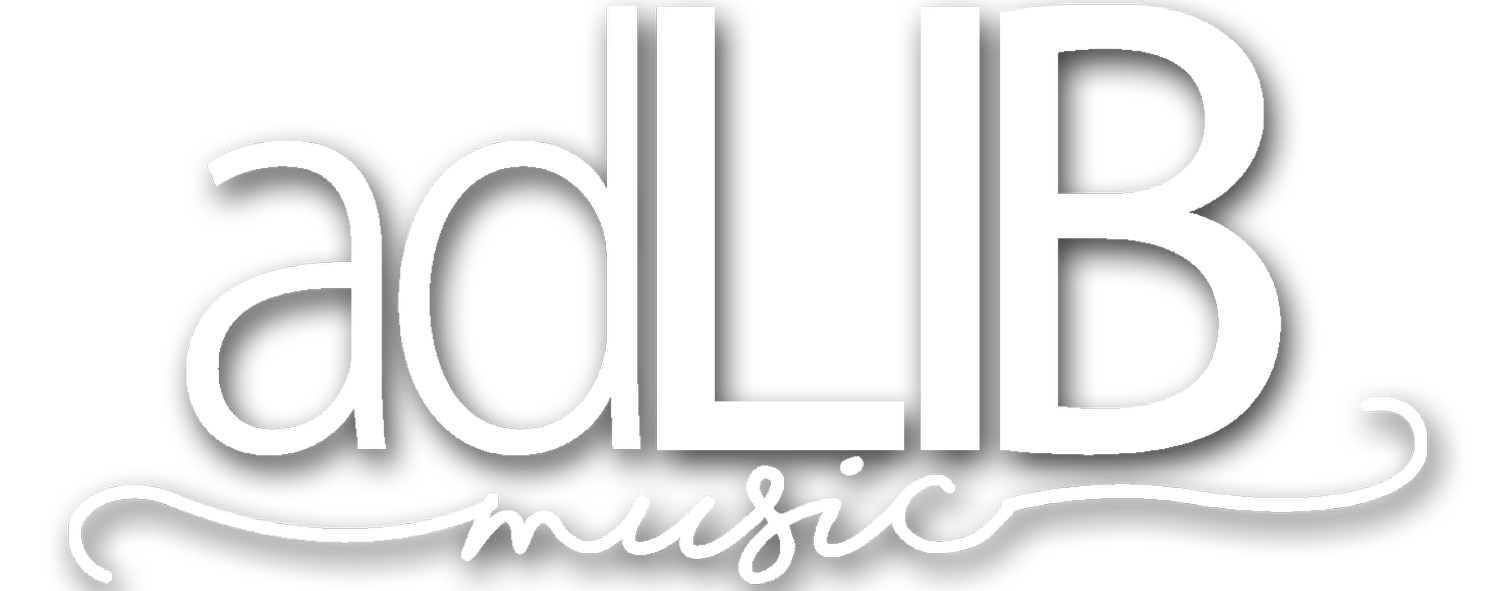7 Words That Could Change The Way You Worship!
Praising by only singing is like golfing with only a putter, baking using only a ¼ cup measuring cup, drawing a rainbow with only a blue crayon, or fixing a car with only a ½” wrench.
God has given us the blueprint and standard for worship. It’s not my preference, personality, style, or comfort level.
As we lead a room of diverse individuals, we must consider those preferences, personalities, styles, and comfort levels, because we are creating a space uniquely designed to help them meet with God.
But the answer to the question “what are the acceptable expressions of worship?” must be given by God. He has instructed us to worship in the scriptures.
Some of that instruction is coded in the language itself. It’s hidden in the Hebrew.
For example, when we read the word “praise” in our English Bibles, it’s a translation of 7 different Hebrew words with different meanings. What!?! Get OUT! Yep. Read on.
TeHIllah means to sing, to praise. It’s the image of several people singing together. Psalm 34:1 reads, “I will extol the Lord at all times; His praise (TEHILLAH) will always be on my lips.” And while singing our regular church songs falls under this definition, the kind of tehillah the Lord inhabits is most commonly that spontaneous song from our hearts, through our lips, to Him.
YaDAH means to worship with the extended hand…versus to complain or worry about with the wringing of hands. What a picture! It shows yieldedness and surrender. It’s the image of a child reaching up to a parent to be picked up. Psalm 145:10 declares, “All You have made will praise (YADAH) You, O Lord, Your saints will extol You.”
ToDAH means thanksgiving with an extension of the hand in adoration. It’s the image of a child joyfully lifting a dandelion to give it to a parent. Psalm 50:14 instructs, “Offer unto God praise (TODAH) and pay your vows to the Most High.”
ShaBACH means to address in a loud tone, to shout. It’s the image of a soldier running into battle shouting. I mean, think about the power of home-court advantage in an NFL playoff game! Psalm 145:4 tells us that “One generation will praise (SHABACH) Your works to another and declare Your mighty acts.”
ZaMAR means to touch the strings in instrumental worship. It’s the image of skillfully playing an instrument. Psalm 21:13 states, “Be exalted, O Lord, in Your strength, we will sing and praise (ZAMAR) Your might.”
BarAK means to kneel, to bless God as an act of adoration. It’s the image of a young man proposing to a young woman or a subject bowing to a king. Psalm 72:15b cries, “May people ever pray for him and praise (BARAK) him all day long.”
HalAL means to be clear, to shine, to boast, to show off, to rave, to celebrate, to be clamorously foolish. Halal is the crazy uncle! It’s the image of a boy standing on his head to impress a girl. Psalm 113:1 proclaims, “Praise (HALAL) the Lord. Praise (HALAL), O servants of the Lord, praise (HALAL) the Name of the Lord.” (this is where we get the word “hallelujah” – it’s Halal plus the name of God – Yah. Hallelujah means “Praise the Lord”)
While it may not be our nature to worship in the ways these scriptures prescribe, we’re taking on a new nature (the old has passed, the new has come!).
We have, unfortunately, learned more about what is acceptable in worship from our experiences as children than what we’ve learned from our relationship with God and what we find in the scriptures. I preached on this, and you can listen to that sermon here: https://www.adlibmusic.com/podcast/62
-Dave Helmuth
(purchase my book, "Worship Fertilizer: (the first hundred)" HERE)
7 Words That Could Change The Way You Worship! (Nº 62)

